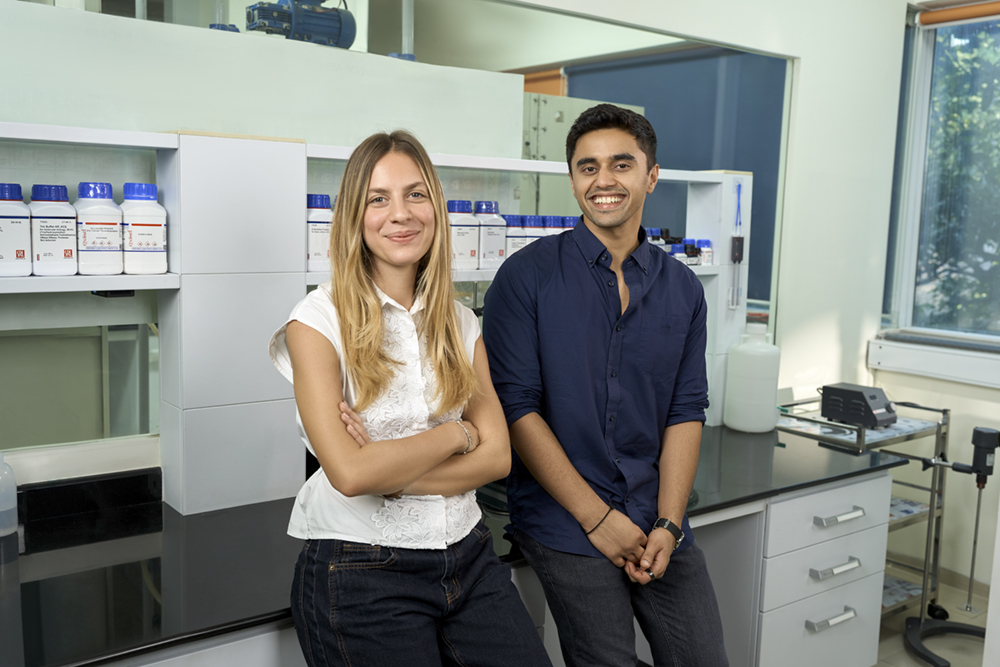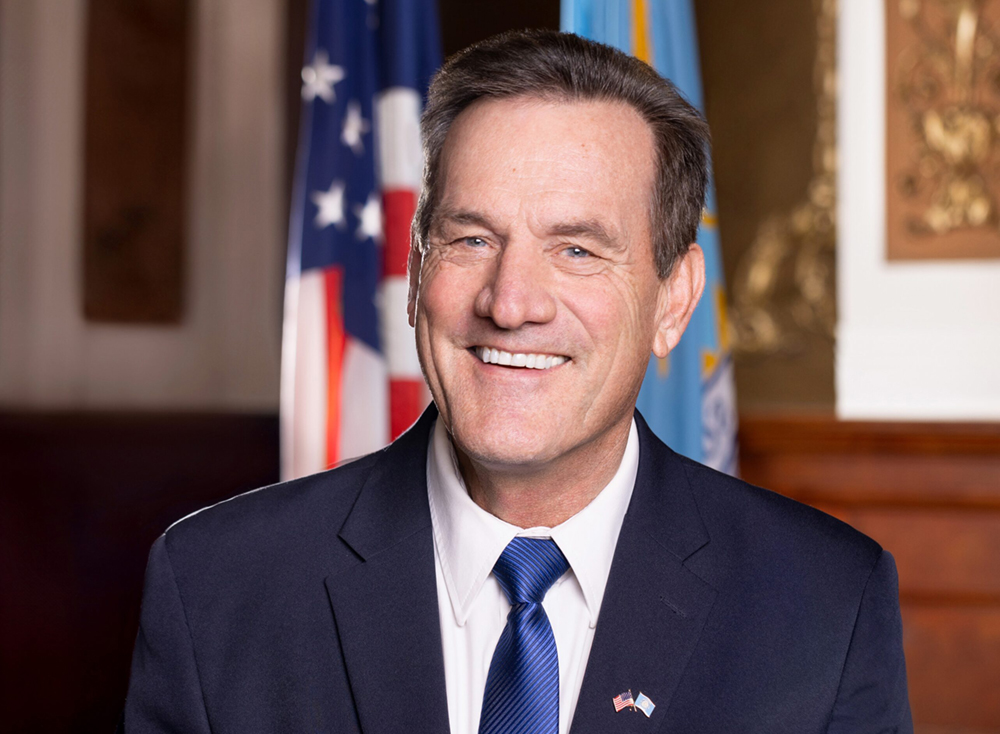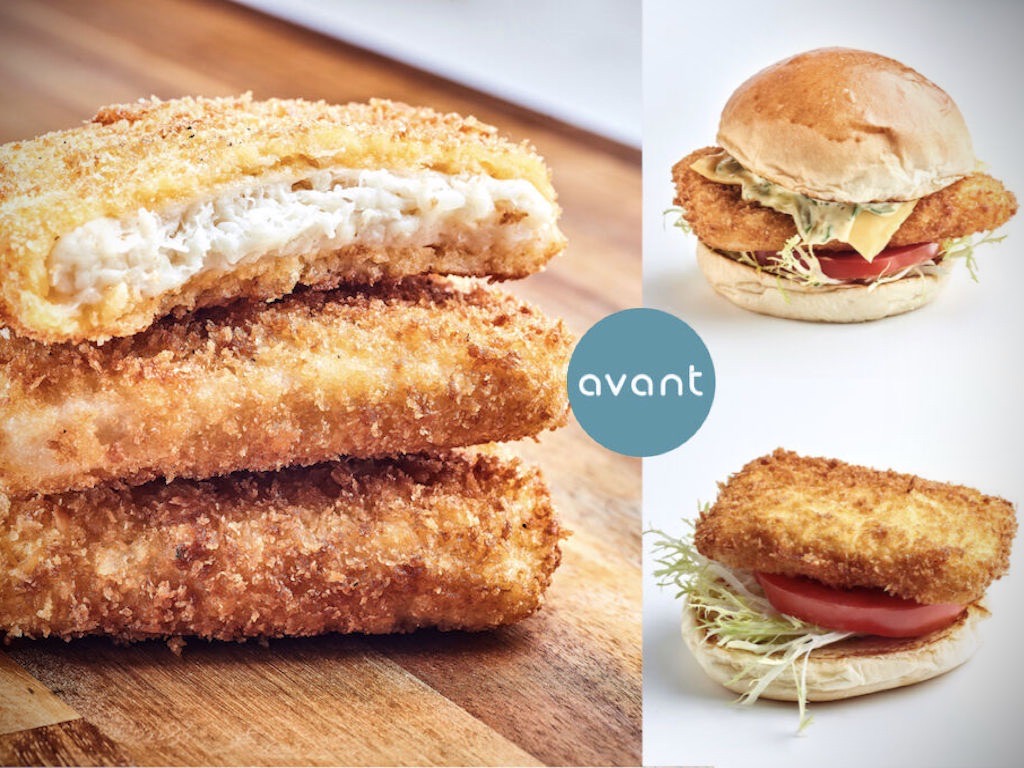

Meatly’s cultivated leap: startup slashes costs and reaches key milestones in pet food market
UK startup Meatly has announced major technical progress in its effort to bring cultivated meat to the mainstream, starting with the pet food aisle. With deep cost cuts to its production process and a world-first commercial launch already under its belt back in February, the company is positioning itself as a frontrunner in the race to make sustainable, slaughter-free meat widely accessible.
Launched in early 2022 under the original name Good Dog Food, Meatly was founded by CEO Owen Ensor and Chief Scientific Officer Dr Helder Cruz with the support of lead investor Agronomics. Their mission was to develop cultivated meat – grown directly from animal cells – specifically for the pet food market, where barriers to entry are lower and the environmental impact of conventional meat is significant.
“Dr Cruz has a huge wealth of scientific knowledge in this space, having previously worked within cultivated meat and the pharma industry for over 20 years,” said Ensor. “And I’m blending my love for animals – I have two rescue cats, Zanzi and Lamu – with experience scaling and advising businesses in alt-proteins.”

Their decision to focus on pet food was guided not just by regulatory pragmatism, but also by data. “The UK pet food market is growing 7% per year and is expected to be worth £120 billion [US$151 billion] by 2026,” Ensor said. “Twenty-two percent of the meat consumed in the UK is consumed by pets, representing a considerable portion of the nation’s GHG emissions, resource use and pollution. Scaling Meatly will have an immediate impact in creating a better and kinder food system.”
In February 2025, Meatly became the first company in the world to launch cultivated meat for pets, with a limited-run product called Chick Bites, created in collaboration with plant-based dog food brand The Pack. The product went on sale at a Pets at Home store in Brentford, London.
“Becoming the first company in the world to sell cultivated pet food was an incredible milestone for me, our team, and the cultivated meat industry as a whole,” said Ensor. “What felt like a moonshot just two years ago is now a reality, and we’re proud to be leading the way towards healthier, more sustainable meat for our pets.”
According to the company, a single sample of cells taken from a chicken egg is now enough to produce meat indefinitely, without further animal involvement. “Meatly Chicken is just as tasty and nutritious as traditional chicken breast, containing all the essential amino acids, critical fatty acids, minerals and vitamins needed for pet health,” Ensor added.
That launch followed UK regulatory approval in June 2024 – the first of its kind in Europe. Meatly’s successful navigation of that process was, in part, due to its early focus on compliance. “The first thing we did was hire an incredible regulatory advisor, Hannah Lester from Atova Consulting,” Ensor said. “We built our process around the regulation to make sure it was as streamlined as possible.”
He emphasized the importance of working transparently with regulators. “We were very open and transparent with the FSA, DEFRA and APHA, providing extensive data and conducting multiple lab visits. We refined every detail, and that helped build a fruitful and positive relationship.”
Ensor said the company also engaged with trade bodies and NGOs to raise awareness. “We hope that our regulatory approval paves the way for more approvals in the UK, both for pet food and human food too.”
In addition to its regulatory progress, Meatly has in the pas few days announced technical advances that could help reshape the cultivated meat sector’s cost landscape. As announced this week, the company has developed a patent-pending bioreactor system that it says is 20 times cheaper than conventional models. It has also cut the cost of its animal-free growth medium to £0.22 [US$0.28] per liter, with the potential to reach as low as 1.5p [US$0.019] at full scale.
“By reaching price parity, it then becomes a simple and easy choice for consumers to buy better meat for their pets,” said Cruz.
Cost reduction has been a priority since the company’s inception. Historically, cultivated meat relied on fetal bovine serum (FBS), a costly and ethically fraught ingredient. Meatly developed an animal-free alternative, cutting the price of media from £700 [US$883] per liter to below £1 [US$1.26] – and now, far below that.
Ensor noted, “With just 1% of total global funding in this sector, we’ve created a process that is closing in on price parity, that is safe, approved, and doesn’t use any antibiotics, steroids, GMOs, or hormones.”
The company’s £3.6 million [US$4.5 million] seed round in 2023, backed by Agronomics and Pets at Home, funded the setup of its London lab and supported a growing team of scientists. It also enabled the company to focus on building relationships with partners and regulators.
That round, Ensor said, was about more than just capital. “Having expert investors such as Agronomics and Pets at Home has provided us with the ideal advisors for every aspect of our scaling journey. We’ve been delighted to work with both of these partners, especially as they share our vision of a sustainable, kind, and healthy pet food industry.”
Meatly also rebranded in late 2023 to reflect a broader ambition. “We wanted a brand that represented the future of pet food, not just dog food,” Ensor said. “We hired an excellent agency called Principles, which helped us develop something distinctive, innovative, and friendly.”
Now, with regulatory clearance, a successful product launch, and breakthrough cost reductions, Meatly is positioning itself as a bellwether for the cultivated meat movement. But Ensor is quick to share the credit. “We wouldn’t be in the position we’re in without a huge number of other companies, trade bodies, and industry groups,” he said. “We’re hugely grateful to them for helping us get to this point.”
If you have any questions or would like to get in touch with us, please email info@futureofproteinproduction.com

.png)






